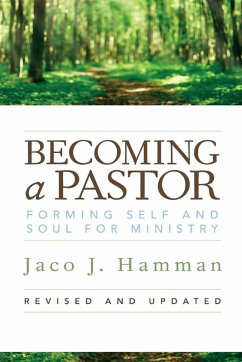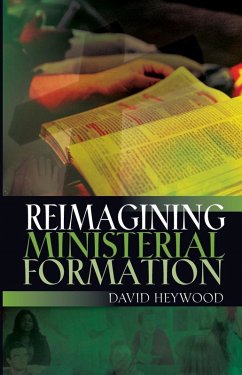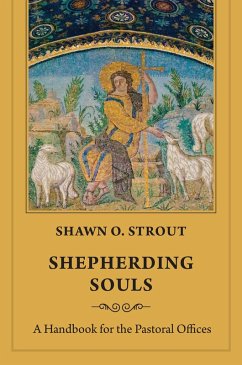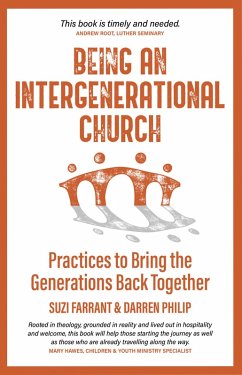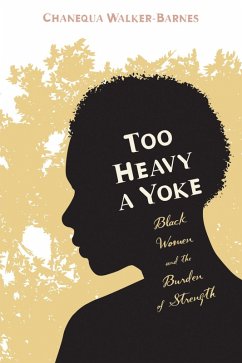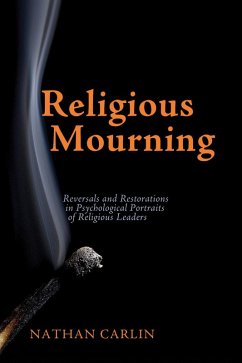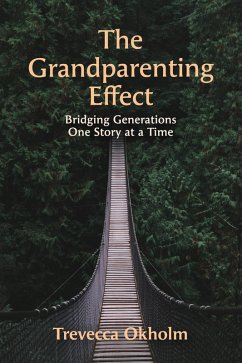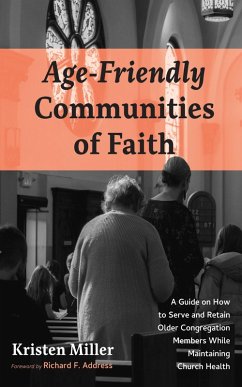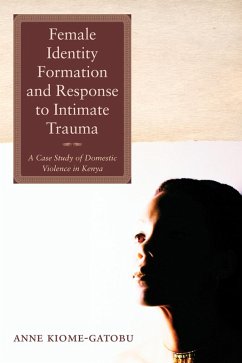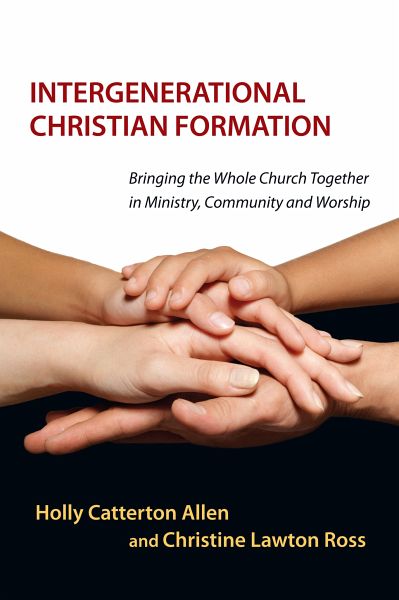
Intergenerational Christian Formation (eBook, ePUB)
Versandkostenfrei!
Sofort per Download lieferbar
24,95 €
inkl. MwSt.
Weitere Ausgaben:

PAYBACK Punkte
12 °P sammeln!
"One generation commends your works to another; they tell of your mighty acts." -Psalm 145:4Most churches and faith communities segment their ministries by age and generation. The kids go to children's church, the teens go to youth group. Worship services are geared toward different generational preferences, and small groups gather people at the same life stage, whether singles, young marrieds, parents, or empty nesters. In some congregations, people may never interact with those of other ages.But it was not always so. Throughout biblical tradition and the majority of history, communities of f...
"One generation commends your works to another; they tell of your mighty acts." -Psalm 145:4Most churches and faith communities segment their ministries by age and generation. The kids go to children's church, the teens go to youth group. Worship services are geared toward different generational preferences, and small groups gather people at the same life stage, whether singles, young marrieds, parents, or empty nesters. In some congregations, people may never interact with those of other ages.But it was not always so. Throughout biblical tradition and the majority of history, communities of faith included people of all ages together in corporate worship, education, and ministry. The church was not just multigenerational; it was intergenerational, with the whole church together as one family and people of all ages learning from one another in common life.In this comprehensive text, Holly Allen and Christine Lawton offer a complete framework for intentional intergenerational Christian formation. They provide the theoretical foundations for intergenerationality, showing how learning and spiritual formation are better accomplished through intergenerational contexts. It is not just elders teaching youth; learning also takes place when adults discover fresh insights from children. Then the authors give concrete guidance for intergenerational praxis on how worship, learning, community, and service can all be achieved intergenerationally. Case studies of intergenerational congregations provide models for how a culture of intergenerationality can be created in local churches.This volume serves as an essential guide for all preparing for and involved in congregational ministry and formation. Discover the riches of intergenerational ministry, and let all generations commend the works of God to one another.
Dieser Download kann aus rechtlichen Gründen nur mit Rechnungsadresse in A, B, BG, CY, CZ, D, DK, EW, E, FIN, F, GR, HR, H, IRL, I, LT, L, LR, M, NL, PL, P, R, S, SLO, SK ausgeliefert werden.




